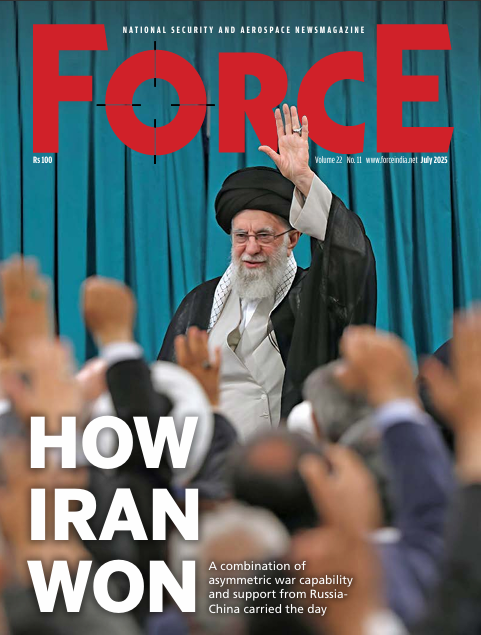The Balancing Act
 Dhanuka Dickwella
Dhanuka Dickwella
Diplomacy is the art of saying ‘Nice doggie’ until you can find a rock
—Will Rogers
Living next to an emerging global power while closely coordinating with its arch-rival is no easy feat. This has been the fate of Sri Lankan leaders ever since the region was rid of colonization. The cost of this diplomatic quagmire is unprecedented. Sri Lanka had to fight a brutal civil war for three long decades due to colossal mismanagement of the diplomatic playfield other than its core reasons.
The end of the war gave much-needed manoeuvring space for Colombo to resist New Delhi’s undue pressure. The death of Prabhakaran also marked the end of India’s leverage over Sri Lanka to a great extent. The newly cleared space was used to establish a solid relationship with Beijing. Instead of a pragmatic approach, the Tamil-centric approach was what the Congress governments in India adopted for Sri Lanka. This short-sighted blunder which mainly served its voter bases in southern India was instrumental in driving Colombo into Beijing’s arms. But things changed with the emergence of Narendra Modi as a strongman and a nationalist leader who saw India beyond a regional power. With his rise to power, the regional political landscape too saw a dramatic change. The China-friendly Mahinda Rajapaksha rule was ousted with the tacit support of India asserting its regional influence as well as re-establishing its sway within certain Sri Lankan voter groups.
The post-Mahinda Rajapaksha leaders got the Indian memo quite well. Antagonising the neighbour was too costly and Beijing clearly could do nothing beyond making a loud bang in the media. The result was the strict adoption of the time-tested flirtations with both powers while committing to none. Playing both sides has since developed into an undeclared foreign policy or a doctrine in the Sri Lankan diplomatic manoeuvring. Hugging Modi while winking at Xi Jinping worked fine.
However, Sri Lanka’s playing both sides had to be done with a degree of scrutiny, calibration, and patience. Each power’s sensitivities had to be understood and acknowledged. The classic example is about foreign naval vessels. Colombo port has frequent naval visitors from destroyers to aircraft carriers from navies around the world. While India made no fuss when Pakistan Navy’s vessels made port calls on Colombo, the same was not true for Chinese vessels. Sri Lanka recognised that allowing Chinese oceanographic research ships with unique abilities
Subscribe To Force
Fuel Fearless Journalism with Your Yearly Subscription
SUBSCRIBE NOW
We don’t tell you how to do your job…
But we put the environment in which you do your job in perspective, so that when you step out you do so with the complete picture.








